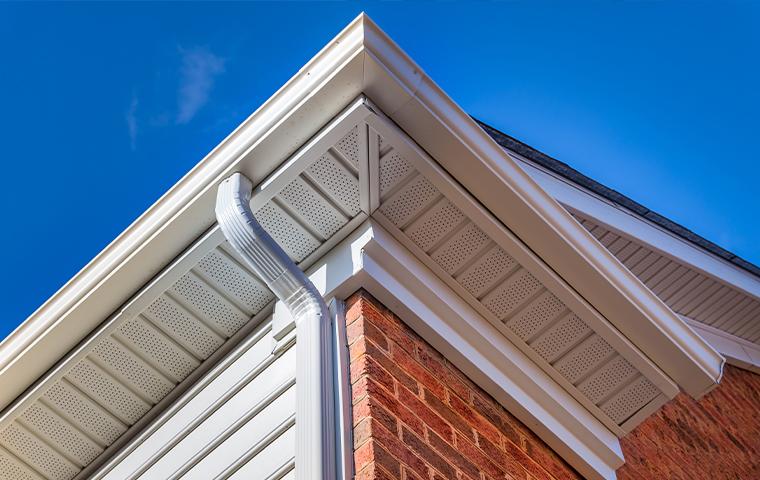Examine This Report on Estate tax

Top Guidelines Of Capital Gains Tax When You Sell Your House at Divorce
However, post-May 6, 1997 depreciation permitted on nonresidential usage can trigger gain recognition on the residential-use part of your home. Leann utilized 10% of her house as an office for an organization. She owned and used the house as a primary house for a minimum of two years throughout the five-year duration prior to she offered it.
On January 1, 1999, Morton bought a home that he used partially for business functions. Research It Here sells the house on January 1, 2002 having owned and utilized it for three years. Morton recognizes a $40,000 gain on the sale, of which $30,000 is attributable to the property part of the home and $10,000 to the service portion.
The gain on the domestic portion of the house eligible for exemption ($30,000) is lowered by $2,000 the quantity by which the depreciation deductions surpass the gain on the business-use part of the house ($12,000 depreciation minus $10,000 gain). For that reason, Morton will exclude $28,000 ($30,000 minus $2,000) from income however will include $12,000.

REAL ESTATE MATTERS: Tax implications for foreigner selling home
An Unbiased View of Systemic Inequality: Displacement, Exclusion, and Segregation

However, if Morton had taken devaluation reductions of $7,000, the gain on the residential part of the house eligible for exclusion ($30,000) would not be lowered because Morton's devaluation reductions ($7,000) did not go beyond the gain on the business-use portion of the house ($10,000). For that reason, he would leave out $30,000 from earnings but include $10,000.
Taxpayers who collectively own a primary residence, however file separate returns, might each omit up to $250,000 of the gain attributable to their interest in the home. A couple who submit a joint return might exclude as much as $500,000 of the gain if Either partner meets the two-year ownership requirement.

REAL ESTATE MATTERS: Tax implications for foreigner selling home

Uninsured Premises Exclusion Bars Coverage in Home Misrepresentation Suit
Neither partner excluded gain from a prior sale or exchange of a principal home within the last two years. If the taxpayers do not meet any one of these requirements, the maximum exemption amount a couple can claim on a joint return is the amount of each partner's exemption amount, determined as though (1) the spouses were not wed and (2) each partner owned the house throughout the duration that either spouse owned the home.
